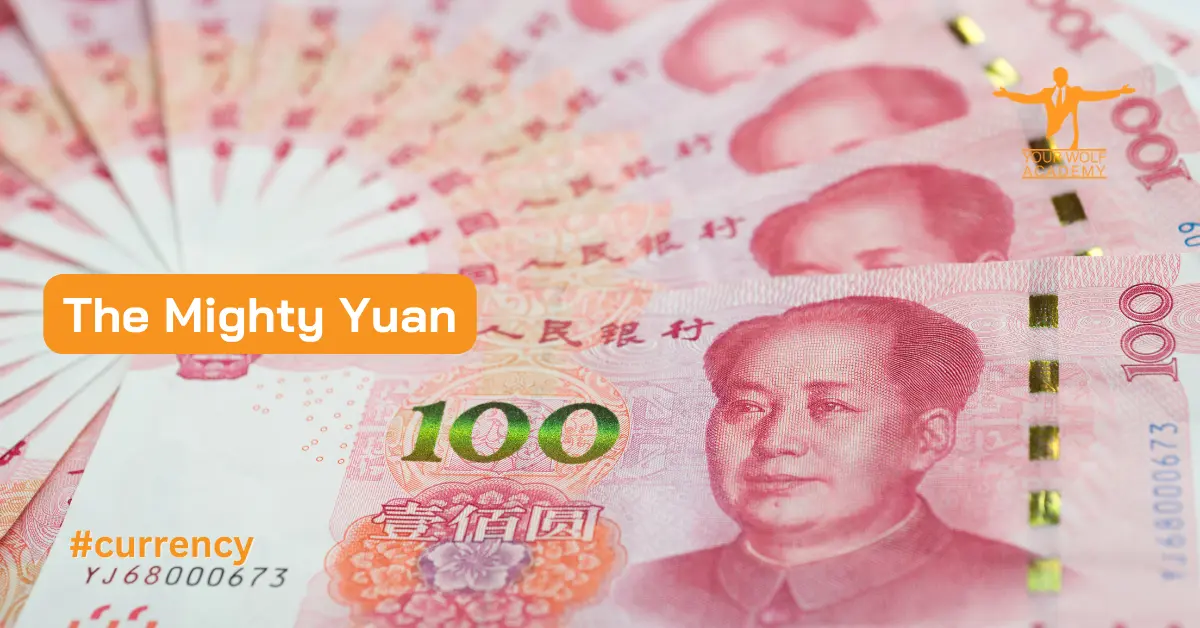Currency exchange rates have significant impacts on global trade and economic stability. Changes in exchange rates, such as currency devaluation and revaluation, affect imports and exports, inflation, investment opportunities, and consumer purchasing power.
Understanding these concepts and their implications is crucial for investors, business owners, and policymakers. This article will explore the definitions, causes, effects, and strategies related to currency devaluation and revaluation.
Currency Devaluation
Definition and Causes
Currency devaluation refers to a deliberate reduction in the value of a country’s currency relative to other currencies in the global market. This can be achieved by the government or central bank through several means, including:
- Decreasing interest rates
- Increasing the money supply
- Selling foreign reserves
- Encouraging exports and discouraging imports
Governments may choose to devalue their currency as a tool to stimulate economic growth, increase exports, and reduce the trade deficit. Devaluation makes exports cheaper and more competitive in foreign markets, thus increasing demand for domestically produced goods and services.
However, devaluation also makes imports more expensive, leading to higher inflation and reduced purchasing power for consumers.
Effects
Currency devaluation has several impacts on the economy, including:
- Increased exports and decreased imports, leading to an improved trade balance
- Higher inflation due to increased import costs
- Decreased purchasing power for consumers due to higher import costs
- Increased economic growth in the short term due to increased exports
- Reduced foreign investment due to lower currency value
Strategies
Investors and businesses can use several strategies to manage the impacts of currency devaluation, including:
- Diversifying investments across multiple currencies and asset classes
- Hedging against currency risk using derivatives or currency swaps
- Investing in companies with strong export businesses that benefit from devaluation
- Reducing reliance on imports and increasing local sourcing of goods and services
- Negotiating contracts with suppliers to account for currency fluctuations

Currency Revaluation
Definition and Causes
Currency revaluation refers to a deliberate increase in the value of a country’s currency relative to other currencies in the global market. This can be achieved by the government or central bank through several means, including:
- Increasing interest rates
- Decreasing the money supply
- Buying foreign reserves
- Encouraging imports and discouraging exports
Governments may choose to revalue their currency as a tool to reduce inflation, increase imports, and improve consumer purchasing power. Revaluation makes imports cheaper and more affordable for consumers, thus reducing inflationary pressures.
However, revaluation also makes exports more expensive, leading to reduced demand and decreased economic growth.
Effects
Currency revaluation has several impacts on the economy, including:
- Decreased exports and increased imports, leading to a worsening trade balance
- Lower inflation due to decreased import costs
- Increased purchasing power for consumers due to lower import costs
- Decreased economic growth in the short term due to decreased exports
- Increased foreign investment due to higher currency value
Strategies
Investors and businesses can use several strategies to manage the impacts of currency revaluation, including:
- Diversifying investments across multiple currencies and asset classes
- Hedging against currency risk using derivatives or currency swaps
- Investing in companies with strong import businesses that benefit from revaluation
- Increasing reliance on exports and decreasing reliance on imports
- Negotiating contracts with buyers to account for currency fluctuations
Comparing Currency Devaluation and Revaluation
While currency devaluation and revaluation have opposite effects on the economy, they share some similarities and differences.
Similarities:
- Both devaluation and revaluation can be used as tools to manage a country’s currency and trade balance.
- Both have significant impacts on imports, exports, inflation, and consumer purchasing power.
- Both require careful consideration and planning by governments, central banks, investors, and businesses.
Differences:
- Devaluation leads to increased exports and decreased imports, while revaluation leads to decreased exports and increased imports.
- Devaluation increases inflation and reduces purchasing power, while revaluation decreases inflation and increases purchasing power.
- Devaluation may stimulate economic growth in the short term, while revaluation may decrease economic growth in the short term.
Strategies for Managing Currency Changes
Investors and businesses can use several strategies to manage the impacts of currency changes, including:
- Hedging: Using financial instruments such as derivatives, options, or forwards to protect against currency fluctuations.
- Diversification: Spreading investments across different currencies and asset classes to reduce the risk of currency volatility.
- Local Sourcing: Reducing reliance on imports and increasing local sourcing of goods and services to mitigate the impact of currency devaluation.
- Negotiation: Adjusting contract terms with suppliers or buyers to account for currency fluctuations.
- Investment in Domestic Companies: Investing in companies that benefit from currency devaluation or revaluation through their export or import businesses.
Conclusion
Currency devaluation and revaluation are powerful tools for managing trade imbalances, inflation, and economic growth. However, they also have significant impacts on investments, businesses, and consumers. Understanding the causes, effects, and strategies related to currency changes is essential for navigating the global economy.
By diversifying investments, hedging against currency risk, and adapting business operations, investors and businesses can mitigate the impacts of currency fluctuations and capitalize on new opportunities.
Your Wolf Academy offers a range of educational resources to help traders succeed, including free signals, technical analysis, and weekly webinars. Sign up today and get a recommendation for a regulated brokerage company that suits your needs.


